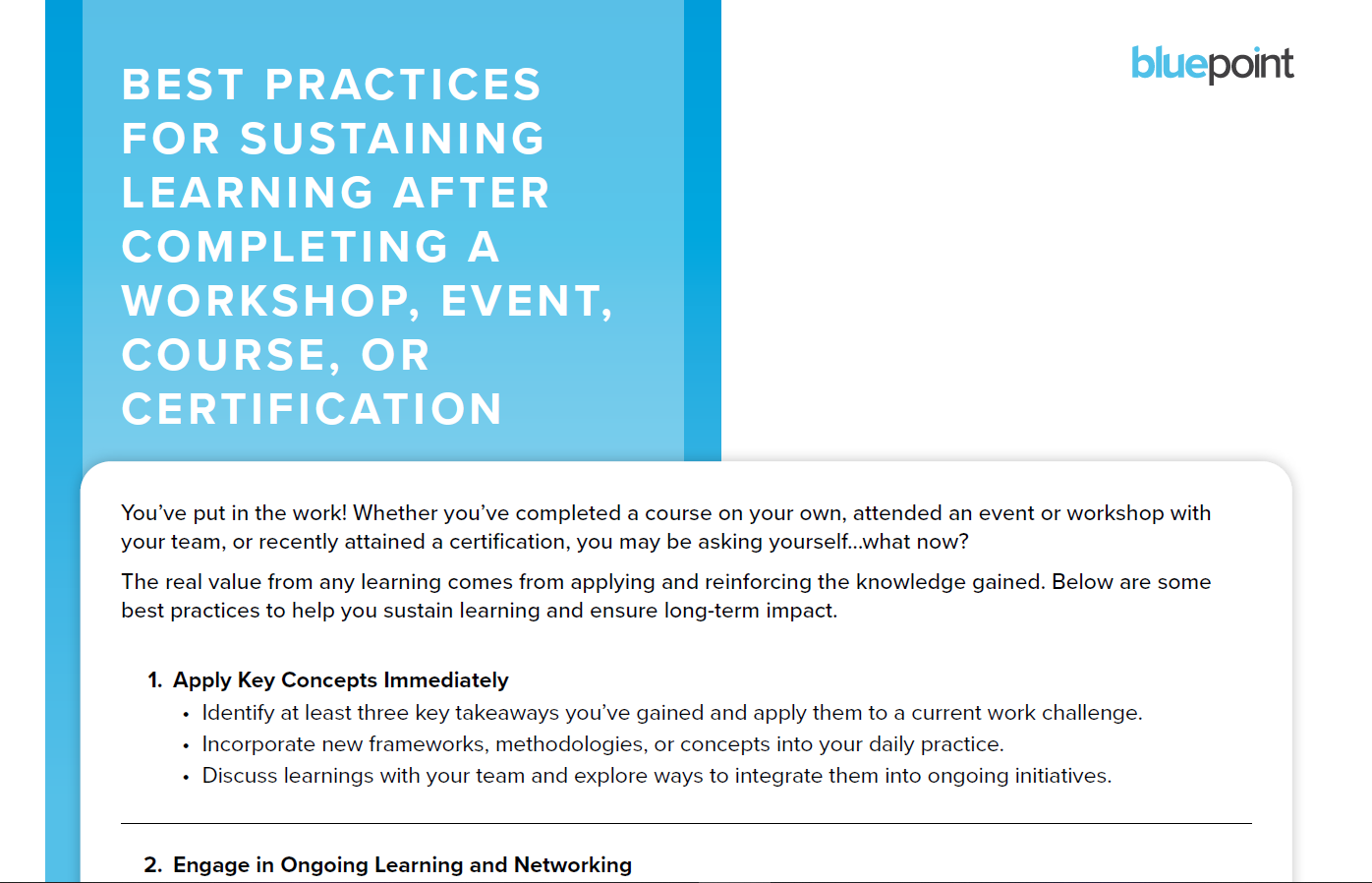You’ve done all the right things. You’ve provided crystal clear direction to your organization, rewarded courageous risk-taking, encouraged innovation, honored diversity, demanded personal accountability, put the customer first…but it all just went to hell in a hand basket. Your market just went south, a major product failed or your biggest customer went under. Your numbers are in the tank, your best people are leaving and you no longer know whom to trust on your management team. It’s 6:00 a.m. on a Saturday and you’re at the office because sleep is pretty scarce these days. You find yourself breaking into a near-homicidal rage every time some well-meaning consultant who has never managed a Kool-Aid stand tells you to “envision a positive future”, “play to your strengths,” and “enlist everyone in a positive change effort.” For the first time in a long time, you are really afraid. You’re deep into your career and you just can’t take a hit this big right now. Hire some great new people? Craft a new sales strategy? Cut your losses and leave now? This is clearly the lowest point of your career.
There is hope. There is light at the end of the tunnel, but it’s a very tough journey. Other leaders have done it, but for most, it has been the most arduous undertaking of their career. There are no guarantees, but it’s your best hope. Are you up for it?
Here are the three simple(?) things you absolutely need to do:
Make the Personal Sacrifice: Unfortunately for you, I’m not talking about working harder, spending more time away from your family or taking a pay cut. I’m talking about sacrificing your ego. Ask a despised competitor to partner with you. Ask (beg) the star to return to the fold. Approach your father-in-law’s company for financing. Fire your friends. Promote someone because you know she is the best person for the job. If I were your leadership coach, here is what I would ask you to do: List the five actions that will be the most difficult for you. Recognize how much pain these actions will cause you. Do them anyway.
Ask for Forgiveness: Yes, it was your fault. Maybe not all of it, but some of it. I know that you didn’t create the credit crisis, write the faulty code or make the customer fail, but this is your business and you are ultimately responsible for its health and the welfare of all who depend upon it. Tell your organization that you are sorry. Ask for forgiveness. Ask for another chance. You will be amazed at the power of forgiveness.
Let It Go and Move On: Stop wasting your time expecting the past to return. Your current strategy of desperately treading water until the market comes to its senses and sweeps you back to success is deeply flawed. I have bad news for you…yesterday is gone forever. A leader’s job is to invite people to join in the pursuit of a tomorrow that is better than today. Let the old story go. Find a new story. Make the new story come alive for your organization.
There is a brave new world out there. As a leader, it is your job to take us there!
About The Author

Gregg Thompson
Gregg Thompson is a keynote speaker, author and executive leadership coach. As a much-in-demand speaker, Gregg leads his audiences on interactive, highly-engaging learning journeys that are both educational and entertaining. He dares audiences to abandon many of their closest-held beliefs about leadership and to explore new ways of seeing, relating to and influencing others. He confronts audiences with their own biases, judgments and attitudes, and challenges them to replace these with fresh new perspectives and practices. He vividly demonstrates how leaders can make a major shift in their personal impact and use their natural strengths to master the art of leadership. Gregg is the author of The Master Coach written for leaders who understand the impact of coaching on performance and career acceleration. The book is an invitation to leaders who want to make a significant shift in their attitudes, values and behaviors and become more coach-like in all of their daily interactions and conversations.
Related Resources

Leadership Pulse: Leaders as People Developers
leadership-essentials

Beyond the Individual: How Coaching Transforms Teams
leading-teams

7 Leadership Strategies to Combat Change Fatigue
leading-change
Subscribe to newsletter
Subscribe to our newsletter today and receive innovative, insightful and thought provoking resources (videos, webinars and articles) all effective tools for developing leadership talent.
Connect with Us Today!
This is a gated resource. Contact sales at info@bluepointleadership.com for more information or reach out here: Contact Us
This is a member-only resource. Contact sales at info@bluepointleadership.com for more information.


